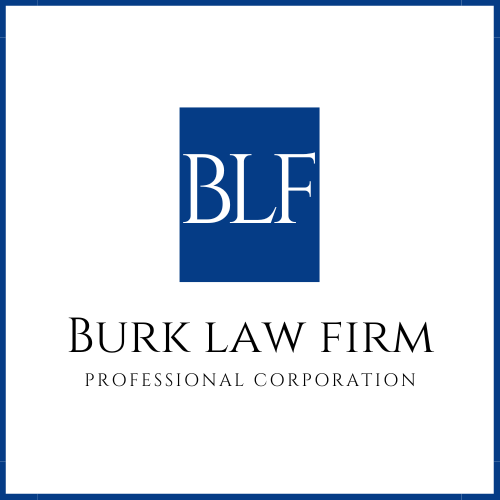
How can you Protect Your Business from being sued?
As a business owner, you try to do everything you can to limit risk for your business. However, there are some actions you can take to protect your company from being sued. Here are five important ones.
1. Watch What You Say and Do
Small businesses can be sued for a variety of reasons and need to take steps in advance to lessen the likelihood of that happening. In conducting your day-to-day business, you and your employees should be careful about making any public statements that might be construed as libelous or slanderous. Similarly, doing business with possibly unscrupulous individuals, even if your behavior is totally above board, could get you caught up in a situation resulting in a lawsuit.
You and your employees should also try to avoid any potential conflicts of interest. Even the appearance of a conflict of interest can damage the reputation of your business and land you in legal hot water. For example, sitting on the town council and helping pass an ordinance that benefits your business would seem to be a conflict of interest, even if you didn’t cast your vote with any benefit for your company in mind.
2. Hire a Competent Attorney
Businesses should retain an attorney who knows the laws where they operate. You may need a lawyer to advise you before you take a particular action—or to recommend the steps to take if you happen to be sued.
If you don’t already have an attorney, you can search for a business law attorney. A good resource is Lawyers.com. You choose the type of attorney you need and look for AV rated attorneys, who represent the top 10% of attorneys, and the ratings are done by judges and other attorneys.
3. Consider Your Business Structure
Some business structures, such as limited liability companies, can help safeguard their owners’ personal assets in the event of a lawsuit. Many entrepreneurs own and operate their businesses as sole proprietorships. This can be risky if your business is sued because an owner’s individual assets (for example, cars or a home) are fairly easy to attack or attach in a court of law.
Establishing your business as a limited liability company (LLC) can also create a shield between your personal assets and your company’s liability in the event of a lawsuit. An attorney can assist you with forming an LLC and, very importantly, create the Company Agreement or Operating Agreement.
4. Insure Yourself
Businesses can also purchase liability insurance to protect themselves. All businesses should obtain liability insurance —just in case, for example, a customer slips and falls in your place of business. Certain professionals, such as insurance agents and consultants, should also consider obtaining errors and omissions insurance (E&O) to ensure their business is protected if a customer or client accuses the owner of making an error or not living up to a contract. Also, as a rider, employee dishonesty insurance is inexpensive and can save your business from unexpected threats within your business.
In addition to purchasing insurance, you can build liability protection into your contracts. If an act of nature, a particular supplier, or some other uncontrollable act could make it impossible for you to fulfill a contract (thus exposing you to legal action), you should include in that contract that you are not liable for incomplete work due to these factors.
Discussing with your lawyer the possible clauses and legal phrases you will need in your work contracts can reduce your need for a lawyer later on.
If the business has a formal board of directors, it may also make sense to buy directors and officers (D&O) insurance to protect the directors’ personal assets in the event of a suit.
5. Protect Your Files and Computer System
Businesses should take measures to protect their computer systems from hacking and viruses, which can disrupt operations and lead to lawsuits. Most businesses work extensively on computers, which requires taking the necessary steps to protect your data from prying eyes. That means, for example, installing antivirus and other types of security software and keeping them up to date.
If a hacker or virus were to bring down your computer system, you could be unable to perform work you have contracted for by the agreed-upon deadlines. Also, key files could be lost or stolen, which could lead to legal action from clients and/or suppliers whose information has been compromised.
Make sure you have a set of backed-up files to refer to in the event of a massive technological breakdown. Automatic back-up systems are the most efficient, saving you the time and trouble of performing monthly, weekly, or even daily backups and storing them safely in another location.
What Percentage of Small Businesses Get Sued?
The Zebra, an insurance comparison site, maintains that 36% to 53% of small businesses are sued every year and 43% of them are threatened with lawsuits. It also estimates that 90% of all businesses are sued at least once during their existence.
What Should I Do If My Business Is Sued?
If your business is sued, you should first contact your insurance company. Experts commonly advise that you not try to represent yourself, respond to the suit yourself, or ignore it altogether. An experienced law firm can help guide you through the process. The Burk Law Firm can help, 512-306-9828, [email protected]

